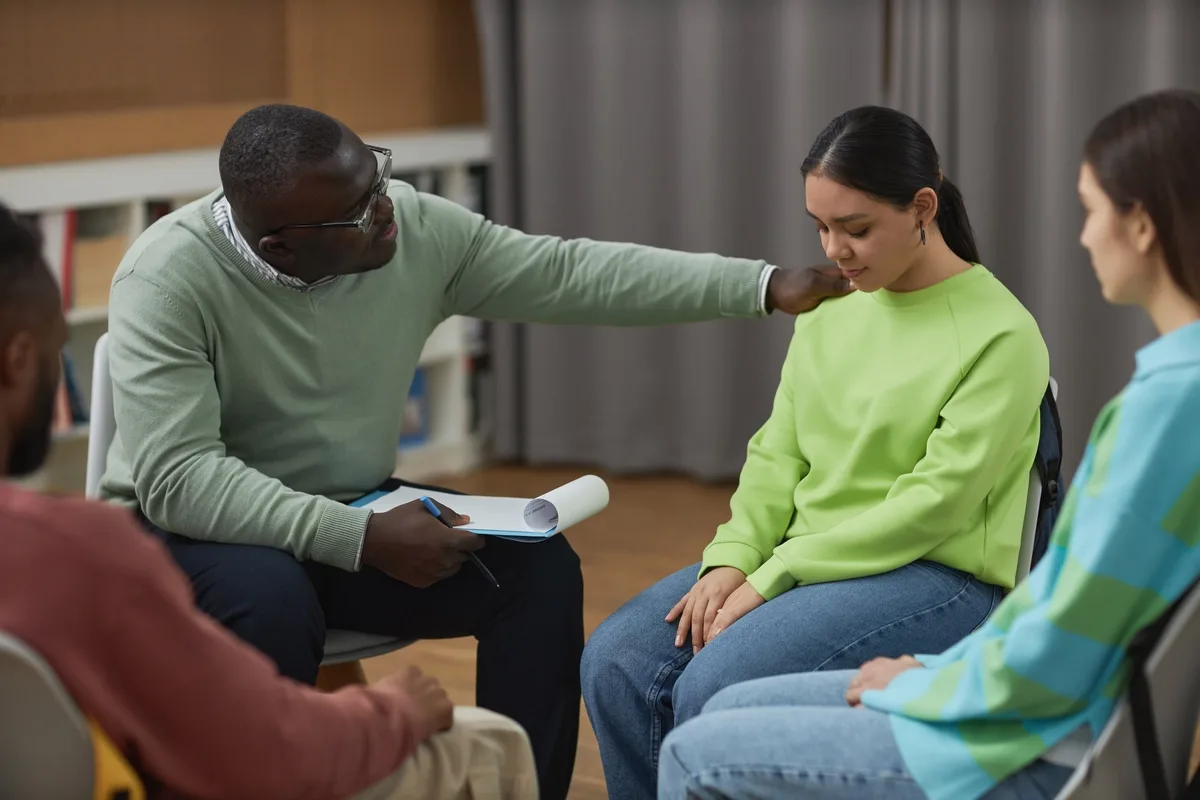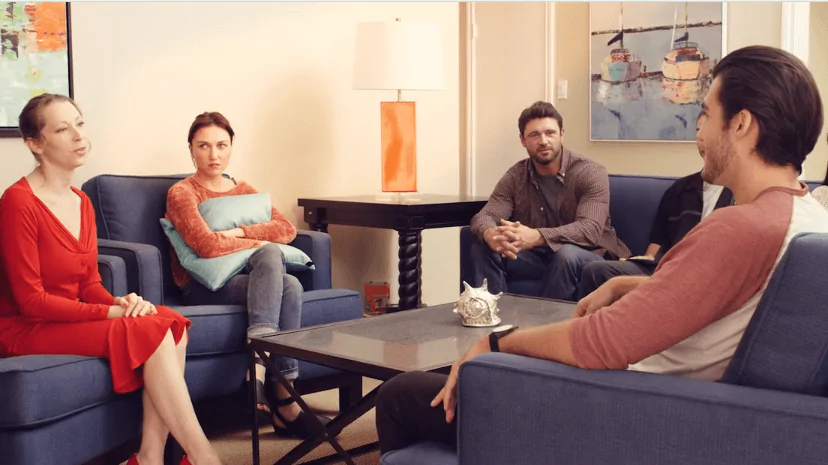24/7 Helpline:
(866) 899-221924/7 Helpline:
(866) 899-2219
Learn more about Residential Rehab centers in Granada Hills
Residential Rehab in Other Cities

Other Categories
Other Insurance Options

AllWell

EmblemHealth

Providence

Regence

State Farm

Oxford

Holman Group

MVP Healthcare

UnitedHealth Group

UMR

Ambetter

Health Partners

Covered California

Sutter

Horizon Healthcare Service

WellCare Health Plans

CareSource

Magellan

Sliding scale payment assistance

Private insurance

Believe Detox Center
Believe Detox Center is a private rehab located in Granada Hills, California. Believe Detox Center s...















